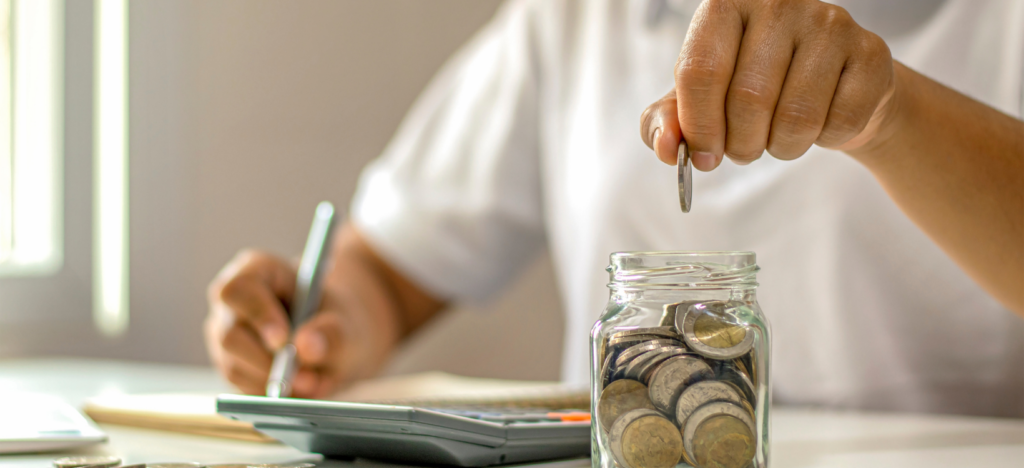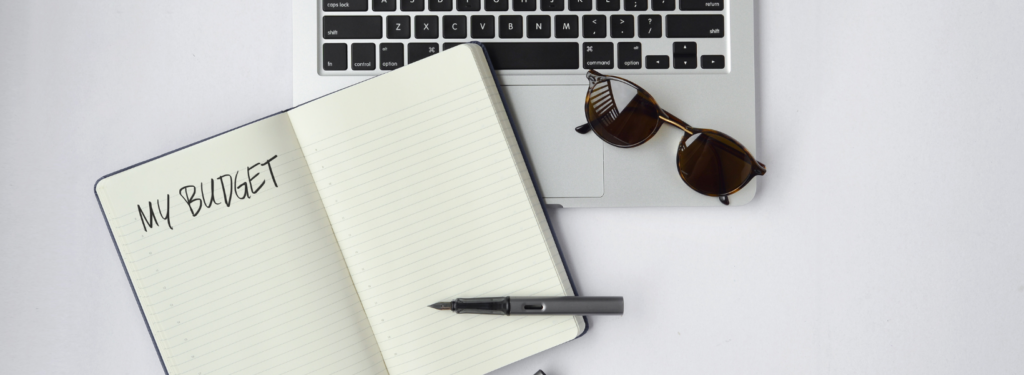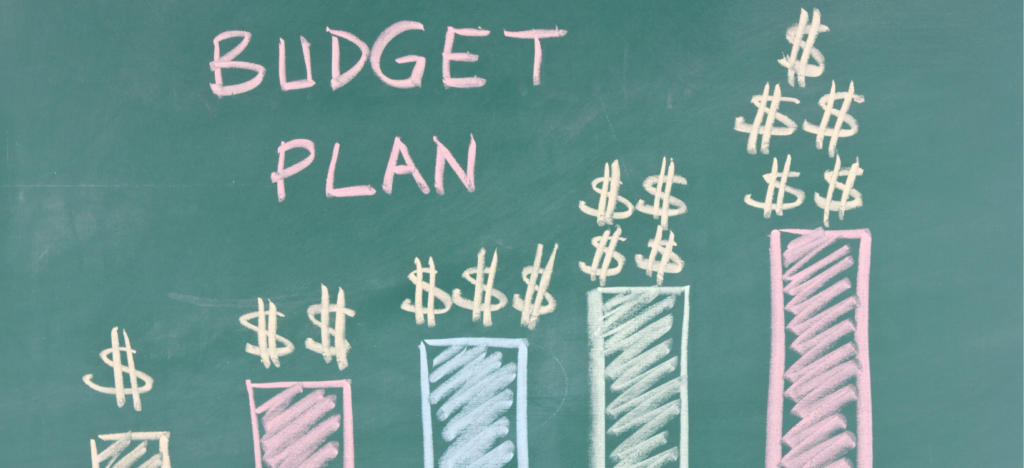
The quest for financial stability often makes us think of significant milestones like landing a high-paying job or winning the lottery. However, in reality, the journey to saving money doesn’t always require such grand gestures. The most impactful saving strategies can be beautifully simple, revolving around the daily choices we make. These choices, when made consciously, can evolve into powerful habits that solidify our financial footing. From choosing to make your coffee at home to deciding to bike to work, these small decisions can add up to substantial savings over time.
In this article, we’ll delve into the best ways to save money, focusing on practical, real-life steps that anyone can incorporate into their life. Regardless of your current financial status, these strategies can pave the way for a more financially secure future, empowering you to take control of your savings.
Establish Your Financial Footing
The first step on your journey to savings is understanding your current financial landscape. In order to identify the best ways to save money for your financial situation, start by understanding and scrutinizing your spending habits. From here, you can craft a realistic and strategic budget, creating a solid foundation from which you can effectively build your savings.
1. Unveil Your Spending Habits with a Diary
Start by monitoring your daily spending. You’d be surprised how small daily expenses add up. For instance, if you’re spending $5 on coffee each weekday, you might not think much of it. Yet, a glance at your spending diary will reveal that this amounts to $1,300 annually. Simply reducing to three cups a week could save over $500 per year!
Using a spending diary doesn’t stop at tracking expenses. It also encourages you to think about each purchase, helping to curb impulsive spending. For example, seeing how frequently you buy new clothes or dine out might spur you to cut back.
2. The Making of a Robust Personal Budget
A detailed, personalized budget is a potent tool to manage your money effectively. Start by listing your fixed expenses: rent or mortgage, utilities, car payments, insurance, and any debt repayments. Next, consider variable costs such as groceries, transportation, and entertainment. The remaining amount is what you have available for savings and non-essential spending.
Consider the coffee example earlier. Let’s say you have allocated $20 per week for your coffee habit. Realizing you are spending $25 could prompt you to cut back to meet your budget, which means additional savings. Having and sticking to a budget can save you thousands over the years.

Dive Deep into Effective Money-Saving Strategies
With a clear picture of your finances in hand, it’s time to delve into some of the best ways to save money.
Shine Light on and Eliminate Unnecessary Expenses
A key part of this journey involves shining a spotlight on your expenses. This will help you identify and eliminate unnecessary costs, which often deplete our wallets subtly and consistently without catching our attention. To give your savings a significant boost, let’s consider some common areas where overspending typically lurks unnoticed:
3. The Digital Trap: Examine Your Subscriptions
In our digital age, we often subscribe to various online services. Over time, you might find that you’re paying for services you no longer use or need. Maybe you signed up for premium photo editing software for a project but no longer need it, or perhaps you’re subscribed to multiple streaming platforms but only use one regularly.
Conduct an audit of your subscriptions and eliminate those that are not essential. If you’re paying $15/month for a seldom-read magazine, $10/month for a barely-used music service, and $20/month for a gym you haven’t visited for months, you could save $540 annually just by hitting the cancel button.
4. Switch on Energy Efficiency at Home
Our homes are packed with potential savings. For instance, becoming more energy-efficient can significantly reduce your bills. This could involve simple steps like turning off lights when you leave a room, using energy-efficient LED bulbs, or washing clothes in cold water.
More substantial changes might include upgrading to energy-efficient appliances or installing solar panels. The initial costs of these investments can be offset by the significant long-term savings on energy bills. The good news is that you’re not alone on this journey to energy efficiency. Many government programs exist to help offset the initial costs of energy-saving measures. These could include tax credits, rebates, or grants for installing energy-efficient appliances or solar panels.
5. The Unseen Impact of Habitual Spending
Habitual spending, though often overlooked, is an unnoticeable and insidious threat to our wallets. Think of the daily habits you perform without giving them a second thought. Perhaps you buy a bottle of water on your lunch break because you often forget your reusable bottle at home, or maybe you get a vending machine snack every afternoon.
Here’s a simple math for you. A bottle of water typically costs $1. If you buy one every day of the year, you’re spending an astonishing $365 annually just on bottled water! This doesn’t take into account the potential environmental harm caused by single-use plastic bottles.
So, how can we identify and curb this costly behavior? Let’s delve into that.
- Self-Awareness is Key:
- Start by observing your daily habits. Keep track of every small purchase you make during the day. It might seem trivial to log that $1 bottle of water or a $2 snack, but these small amounts accumulate over time.
- Evaluate the Necessity:
- Once you’ve identified these habitual purchases, it’s time to evaluate their necessity. Is that daily bottled water a need, or a convenience due to forgetting your reusable bottle? If it’s the latter, you might have uncovered an area for potential savings.
- Implement Changes:
- Find practical alternatives to your costly habits. For instance, making a conscious effort to bring your reusable water bottle from home could eliminate the expense of daily bottled water.
- Monitor the Progress:
- Keep tabs on your new habits. It may take some time to adjust, but the monetary savings and environmental benefits of using a reusable bottle will be well worth the effort.
- Appreciate the Savings:
- Last, but not least, take a moment to appreciate the savings you’re making. Calculate your annual savings from this small change. You’ll likely be pleasantly surprised by the result! It’s proof that small changes in our daily habits can lead to significant savings over time.
This process can be applied to any habitual spending behavior you discover, from frequent coffee purchases to that tempting vending machine snack. The key is to be conscious of your spending, evaluate your habits, and make proactive changes. In doing so, you’ll not only save money but also become more mindful of your consumption patterns.
6. Home Cooking: Your Wallet’s Best Friend
Eating out can be a delightful treat, but frequent dining out or ordering takeout can heavily impact your budget. Home cooking, on the other hand, offers a delicious solution.
Consider a simple family dinner at a restaurant that might cost $50. You could make a similar meal at home for less than $15. If you swapped one restaurant meal per week for a home-cooked version, you’d save over $1,800 per year! Plus, cooking at home allows you to control the ingredients and portion sizes, which is a bonus for your health.
7. Effortless Saving: The Magic of Automation
Automating your savings is a simple and effective way to grow your money. By setting up an automatic transfer from your checking to your savings account every month, you can build your savings without even thinking about it. Even a modest monthly transfer of $50 can accumulate to $600 per year.
If your employer offers a retirement plan, you can set up automatic contributions. Some employers will even match a portion of your contributions, effectively giving you free money.

Gearing Up for a Brighter Financial Future
While it’s essential to have short-term savings for emergencies and specific goals, don’t neglect your long-term financial health. This often involves stepping into the world of investing and building an emergency fund.
8. Take the Investor’s Route for Long-term Gains
Investing might seem intimidating, but it’s a powerful way to grow your wealth over the long term. It involves purchasing assets such as stocks, bonds, or mutual funds that have the potential to increase in value over time.
- Beginning the Investment Journey
- Starting with a low-risk option such as a bond or a low-cost index fund can be a good first step. For example, if you invest $1,000 in a bond with a 2% annual return, your investment would grow to $1,220 in ten years.
- The Miracle of Compound Interest
- Compound interest is an investor’s best friend. This is when the interest earned on your investment begins to earn interest itself. Over the long term, compound interest can result in exponential growth of your investment.
- Consider a mutual fund with an average annual return of 6%. If you invest $200 per month, after 30 years, you’d have contributed $72,000, but thanks to compound interest, your investment would be worth over $200,000!
9. Weather Financial Storms with an Emergency Fund
An emergency fund is a stash of money set aside to cover unexpected expenses like a car repair, medical bill, or job loss. This provides a financial safety net and can prevent you from having to take on debt to cover these costs.
Try to save at least three to six months’ worth of living expenses in your emergency fund. If that seems overwhelming, start small. Even a $1,000 emergency fund can cover many unexpected costs and give you peace of mind.
10. The Power of Visualization in Financial Goals
Visualizing your goals can be a powerful motivator. Want to take a dream vacation? Put a picture on your fridge. Saving for a new car? Set that car as your computer background. Seeing your goal every day can keep it at the forefront of your mind and strengthen your commitment to saving.
11. Reward Yourself and Keep the Momentum Going
Don’t forget to celebrate your progress along the way. Reached a milestone in your savings goal? Give yourself a reward! This doesn’t have to be expensive – it could be a movie night at home or a walk in a beautiful park. Celebrating your progress can help keep you motivated to continue saving.

The Savings Journey Ahead
Saving money doesn’t have to mean living a bare-bones lifestyle. Often, minor adjustments to your spending habits, embracing home cooking, becoming more energy-efficient, and automating savings can yield significant results over time. Remember, every little bit helps, and the journey to financial security is a marathon, not a sprint.
Frequently Asked Questions
- What is a simple strategy to save money? Automating your savings is a straightforward and effective strategy. You can set up automatic transfers to your savings account, and you’ll grow your money without even thinking about it.
- How much should I aim to save from my income? The 50/30/20 rule is a good guideline: aim to spend 50% of your income on needs, 30% on wants, and save 20%. However, this can be adjusted based on your personal situation and goals.
- Is it possible to save money with a low income? Yes, every little bit helps. Simple changes like cutting out a weekly meal out or reducing electricity usage can add up over time.
- How can I reduce grocery bills? Making a shopping list and sticking to it, buying in bulk, and choosing store brands over name brands can all help reduce your grocery bill.
- Is it better to save or invest? Both are important. Saving provides immediate funds for emergencies while investing can grow your wealth
Additional Resources
- Wealth Solutions Hub:





